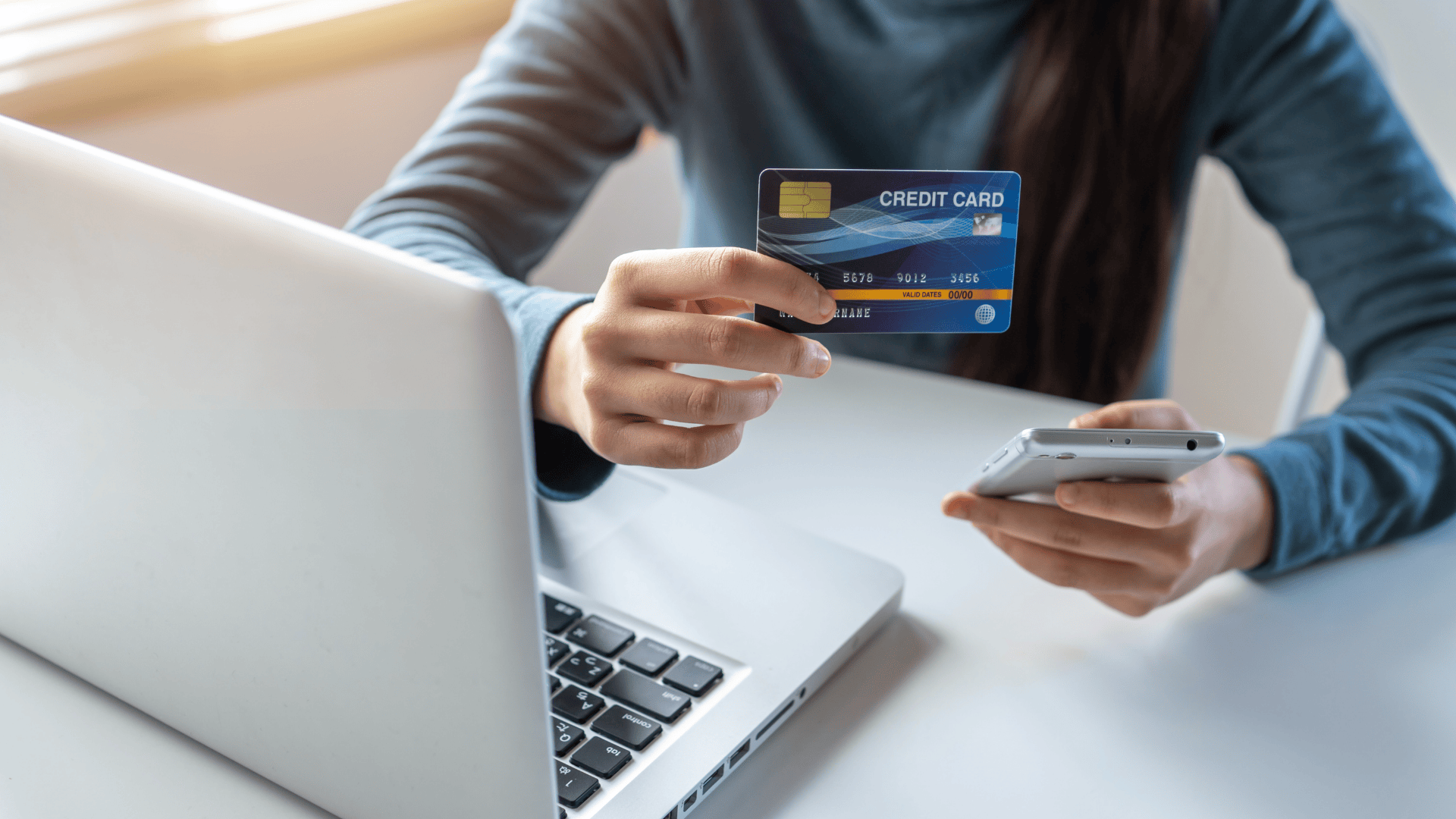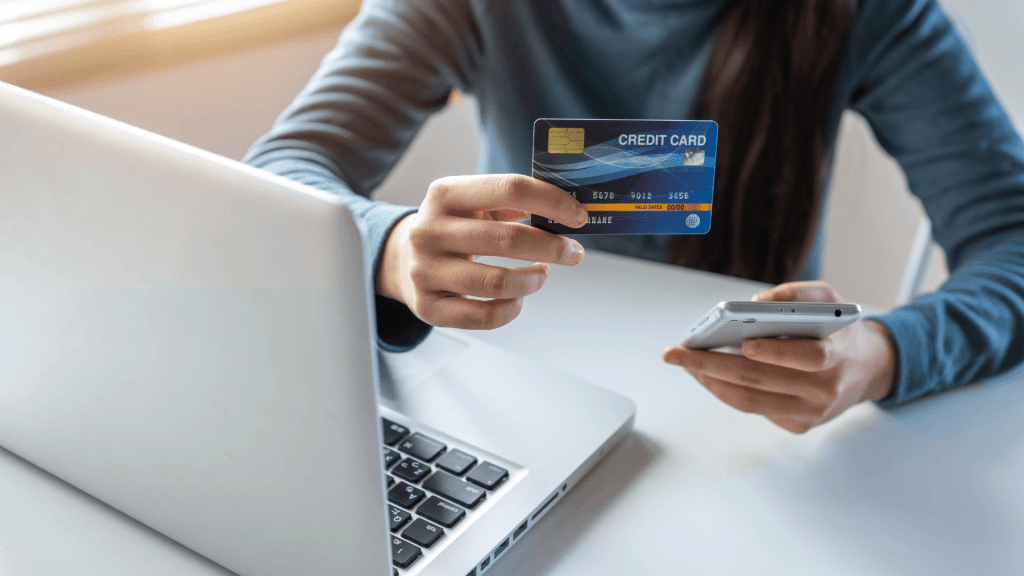It’s never been easier to swipe a credit card and buy what you want right now. From online shopping to tap-to-pay, the temptation of easy credit is all around us. But that convenience comes with a catch—getting into debt is just a few swipes away. Once you fall into the habit of buying now and worrying about paying later, breaking free can feel like an uphill battle. If you’re caught in this cycle, know that there are ways out, including emergency relief programs for debt relief designed to help you regain control.
Let’s explore how the allure of easy credit works, why it’s so easy to get trapped, and what you can do to break the debt spiral.

How Easy Credit Tempts Us Into Spending
Credit cards and other forms of instant credit make it feel like money is no object. The ability to buy something immediately without feeling the pinch in your bank account is a powerful draw.
Retailers encourage this behavior with one-click purchases, buy-now-pay-later options, and tempting rewards programs. The result? It’s simple to spend beyond your means before realizing how much you owe.
This ease of access can blur the line between wants and needs, making impulsive buying a regular habit.
The Debt Spiral: Why It’s Hard to Break Free
Once you start carrying a balance, interest charges begin to stack up. Minimum payments cover mostly interest, barely touching the principal amount. This slow progress can keep you locked in debt for years.
The stress of debt can also affect your decision-making, sometimes leading to more spending to cope emotionally or avoid facing financial reality.
When debt feels overwhelming, some people turn to emergency relief programs for debt relief, which provide structured help to reduce balances and manage payments. But before or alongside these programs, changing habits is key.
Recognizing the Habits That Keep You Stuck
Breaking free from debt starts with spotting the habits that keep you spending beyond your means:
- Impulse purchases: Buying on a whim without considering the budget.
- Ignoring bills: Avoiding statements or minimum payments.
- Using credit for essentials: Relying on credit cards to cover day-to-day expenses.
- Falling for “easy” credit offers: Taking on more credit cards or loans without a clear plan.
Awareness of these habits is the first step toward change.
Taking Control: Steps to Break the Cycle
Getting out of the debt trap isn’t easy, but it’s possible with some focused action:
- Create a budget: Know exactly what money is coming in and going out.
- Prioritize debt payments: Focus on paying more than the minimum on high-interest debts.
- Cut unnecessary expenses: Trim spending to free up cash for debt repayment.
- Seek help if needed: Emergency relief programs for debt relief can negotiate lower payments or settlements.
- Use cash or debit: Avoid credit cards to prevent new debt from forming.
Small consistent changes build momentum toward financial freedom.
Building a Healthier Relationship With Credit
Credit isn’t the enemy—it’s a tool. The goal is to use it responsibly so it works for you, not against you.
Paying off balances in full each month and using credit for planned purchases keeps your financial health intact. It also protects your credit score and opens doors to better loan terms when you need them.
Rebuilding trust with credit takes time but is rewarding in the long run.
Final Thoughts: Freedom Is Within Reach
The temptation of easy credit is powerful, but it doesn’t have to control your life. Recognizing how easy it is to get into debt and taking practical steps to change spending habits are the keys to breaking free.
If debt feels overwhelming, programs like emergency relief for debt relief offer a helping hand. Paired with commitment and smarter habits, you can regain control and build a more secure financial future.
Remember, every small step forward counts. It’s never too late to start making choices that lead to financial freedom.

Peyman Khosravani is a global blockchain and digital transformation expert with a passion for marketing, futuristic ideas, analytics insights, startup businesses, and effective communications. He has extensive experience in blockchain and DeFi projects and is committed to using technology to bring justice and fairness to society and promote freedom. Peyman has worked with international organizations to improve digital transformation strategies and data-gathering strategies that help identify customer touchpoints and sources of data that tell the story of what is happening. With his expertise in blockchain, digital transformation, marketing, analytics insights, startup businesses, and effective communications, Peyman is dedicated to helping businesses succeed in the digital age. He believes that technology can be used as a tool for positive change in the world.









